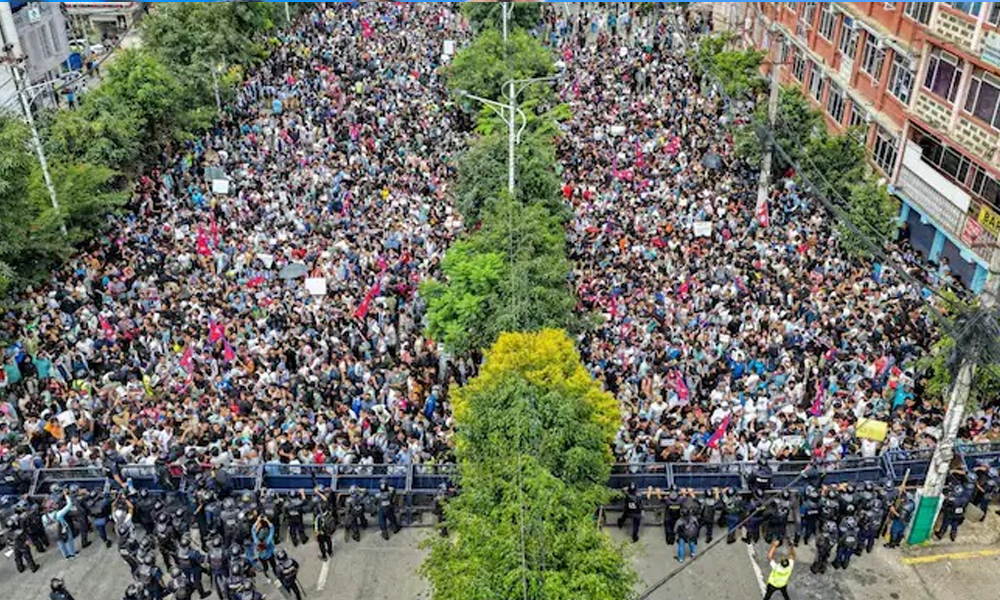The study found that more than USD 3.1 billion in financing was given to fintech and software as a service (SaaS) firms in the second quarter of Calendar Year (CY) 2022.
Digital
Desk: According to a PwC India analysis, geopolitical unrest appears to be
having an impact on Indian startups as total funding fell by 40% to USD 6.8
billion in the April-June period.
According
to the PwC India study titled "Startup Deals Tracker - Q2 CY22,"
early-stage deals made up more than 60% of the total with an average ticket
amount of USD 5 million.
"After
three quarters in a row in which more than USD 10 billion was raised, the total
funding in the Indian startup ecosystem decreased by 40% in Q2 CY22 to USD 6.8
billion.
The report said, "The decline can
be ascribed to a worldwide recession, a decline in the valuation of tech
stocks, inflation, and geopolitical turmoil."
The
study found that more than USD 3.1 billion in financing was given to fintech
and software as a service (SaaS) firms in the second quarter of Calendar Year
(CY) 2022.
It
further mentioned that early-stage agreements accounted for more than 60% of
all deal volumes and had an average ticket value of USD $5 million.
Funding
in early-stage deals during Q2 CY22 continued to be stable at around USD 800
million and could remain stable or even grow in the next few quarters, it was
noted, given that entrepreneurial activity continues to flourish with increased
digitisation and the amount of venture capital funds waiting to be deployed in
the Indian market.
"It
would be advantageous for startups to extend their "funding runway"
during this time because we anticipate it to take the financial environment as
a whole 1218 months to stabilise. Any startup, regardless of its stage, would
do well to keep a tight eye on its core business and make sure that unit
economics closely follow the plan "said Amit Nawka, partner at PwC India
and leader of India startups.
He
asserts that the noticeable funding slowdown in late-stage or Initial Public
Offering (IPO) enterprises will most likely result in valuations remaining
under pressure throughout all fundraising rounds.
According
to the study, the next two startup cities in India were the National Capital
Region (NCR), Bengaluru, and Mumbai, which together accounted for around 95% of
all investment activity in the April-June 2022 quarter.
In the second quarter of 2022, seven
businesses in Bengaluru—Dailyhunt, Rapido, Leadsquared, Lenskart, CRED, Ather
Energy, and Observe.ai—each raised more than $100 million. These businesses
mainly work in the SaaS, logi, and autotech industries.
Seven businesses in the NCR raised
more than $100 million each, including Delhivery, Stashfin, Rario, Grey Orange
Robotics, Absolute Foods, Fashinza, and PhysicsWallah.
Four
businesses each raised more than $100 million in Mumbai, the report said. Some
of these are Turtlemint, UpGrad, Zepto, CoinDCX, and others.
Only
four companies in India became unicorns in the second quarter of calendar year
2022, continuing a global trend that witnessed a decline in the number of new
unicorns this past quarter. There are currently more over 1,200 unicorns
worldwide, with the SaaS business and the finance sector witnessing the most
operational unicorns in Q2 of FY22, respectively.
In the April
to June 2022 quarter, four new companies joined the decacorn category (startups
valued at $10 billion), bringing the total number of decacorns to 57 globally.

















